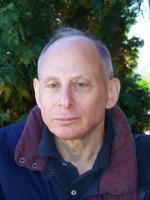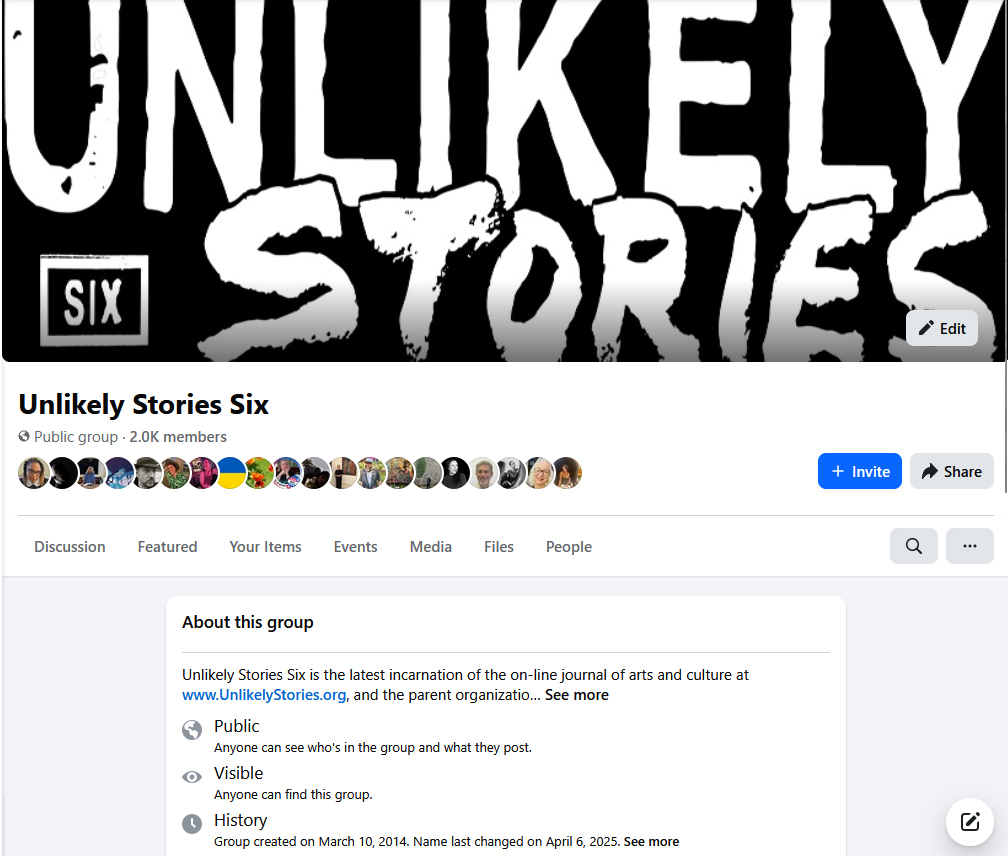One of the unsettling truths about randomness is that even mathematicians don’t entirely agree on what it is. Over the years, some have defined randomness as the things that result from a random process while others say it's the process itself. For example, a tossed coin that yields a string of ten heads and tails like HTTHHHTTHT, which looks random, may not be random at all. On the other hand, a string of ten heads in a row could easily happen if you tossed a coin long enough. In fact you’d probably be surprised, maybe even suspicious if you didn’t get such a sequence over thousands of tosses. One seems random, the other not, even though a little reflection tells us that if each toss has an equal chance of landing heads up or tails up, then the chance of getting the latter sequence is as good as the chance of getting the former. Context matters. Ten heads in a row is okay, you say, if it occurs in the middle of a long, long sequence of coin tosses. What if you got ten heads in a row as soon as you start tossing? Is that random? What about a string of a thousand heads in a row? The chances of a tossed coin turning up heads a thousand times in a row can be expressed as a decimal point followed by about 300 zeros followed by the numbers 9, 3 and 3. Something that has little likelihood of turning up even if you started tossing your coin at the time of the big bang. Is that long enough to rule out randomness? Who gets to say so?
But there’s more. These simple examples barely begin to touch on the ways that human attitudes, feelings and intuitions are deeply embedded in the ways people think about randomness. For example, it would seem amazing if you spotted a license plate spelling out your birth date. But spotting a plate that read KF7921, say, wouldn’t seem miraculous at all. The physicist Richard Feynman, teaching his students about probability, once joked, “You know, the most amazing thing happened to me. I saw a car with the license plate ARW357. Can you imagine? Of all the millions of license plates in the state, what was the chance that I would see that particular one tonight? Amazing!” He meant, of course, that the plate reading ARW357 was just as random as the plate with your birthdate on it. That is true even though he had never spotted a plate reading ARW357 before and likely never would again (unless, perhaps, it belonged to his next-door neighbor). If the plate with your birthday seems less likely, it’s because your mind put the birthday plate into one category and the other plate, the “unspecial” plate into a second category, along with all the other unspecial plates you’ve ever seen. The plates themselves know nothing about categories. Psychologists who explore what randomness means say this is an example of how low probability events tend to be perceived as more random, which clashes with one of the scientific explanations, the concept that random events are the outcome of random processes.
I don’t know whether Feynman ever thought about the fact that his surprise at spotting plate ARW357 also grew out of his human capacity to be surprised. Maybe some people aren’t as easily surprised as Feynman while others are more easily surprised, but their sense of the orderliness of the world around them must somehow be different. Perhaps one of them will write about it some day and help the rest of us understand what it feels like to never (or constantly) be surprised. I can’t help but wonder what kind of scientists such people would become.
But the above is only one example of the entanglement between randomness and human attitudes. Most of us are happy to see some questions settled by random means. The psychologist Ruma Falk pondered this and concluded it has something to do with our desire for fairness—not a psychological conclusion, but a moral one. Or is it? Because it’s also been found that people who have to make important decisions actually see random deciders, such as a coin flip, as less moral than making and defending a choice for which they were accountable. You read that right. The coin flip was seen as fairer, but less moral. Some people, including Marilyn vos Savant, concluded that one reason people don’t switch doors is because most of us, confronted with two unknown choices, default to the belief that they are equally probable, even though there is no reason they need to be. And why so many people were convinced vos Savant was not only wrong, but stupid and malicious in the bargain. The dispute took on aspects of moral panic, with both sides shouting at each other across an unbridgeable gap.
Similarly, the fact that the definition of randomness has never been settled, that the experts keep disagreeing, says something about its continuing elusiveness, not to mention the statisticians’ own professional anxieties about it. Perhaps that’s as it should be: a lot is at stake in the way we respond to the randomness in our lives. Why should the experts have any property right to it? Except perhaps for quantum physics, random may sometimes be just a name people give to the things they do not understand, are prevented from knowing about (why you didn’t get that job, why that person ghosted you) or are too complicated or multicausal for even some super-duper computer to comprehend. The psychologists who investigated when people would employ a coin flip and when they would not concluded that people were deeply uncomfortable with randomness. Even children, it seems, believe everything needs a reason. Random decisions deprive them of that.





Add comment